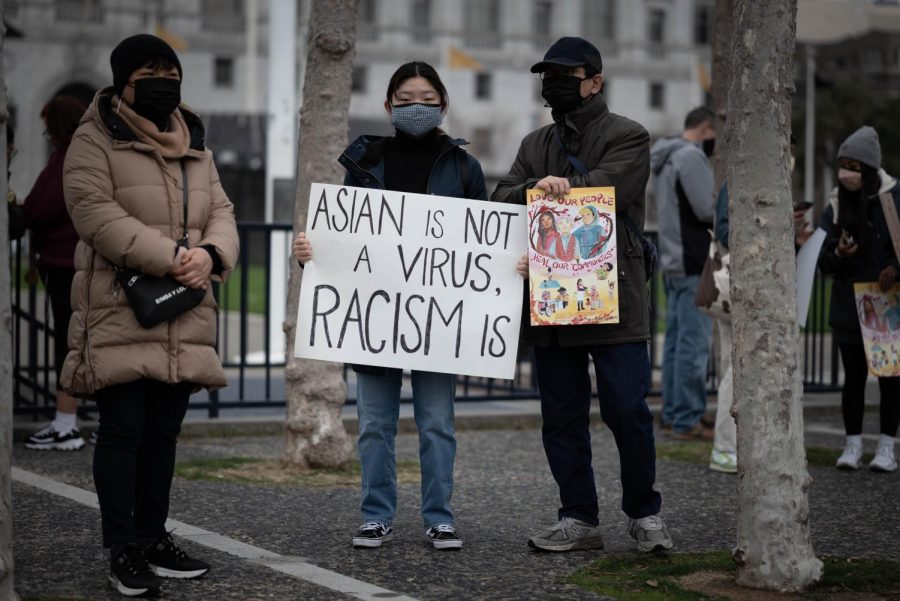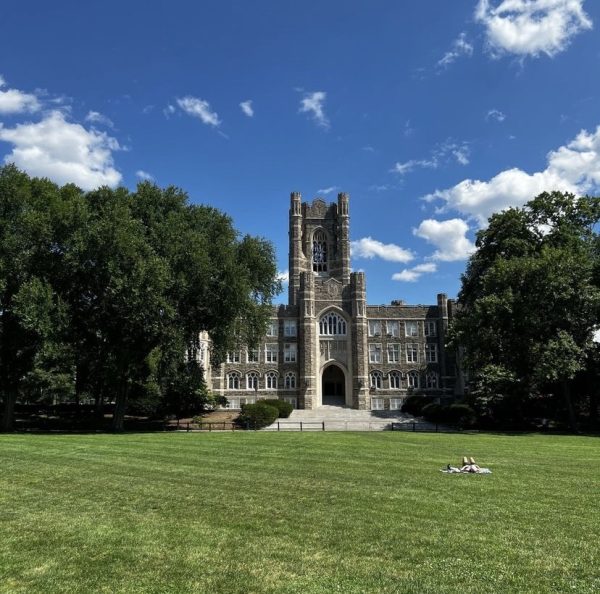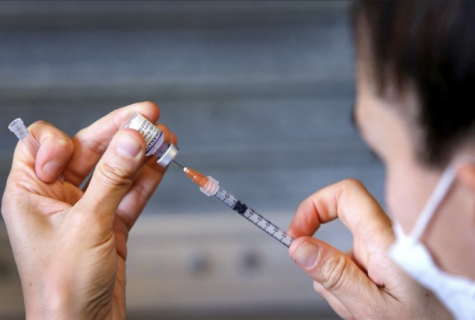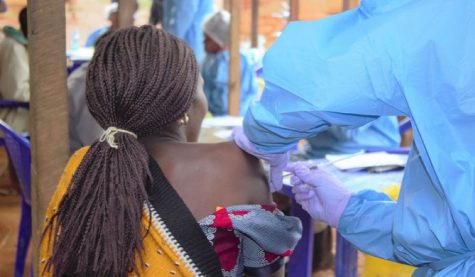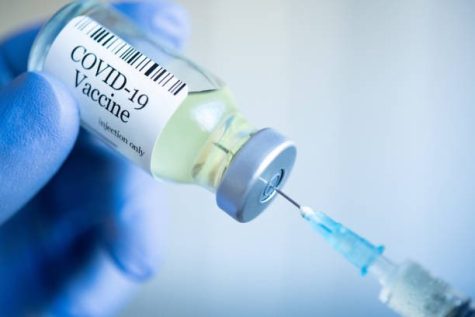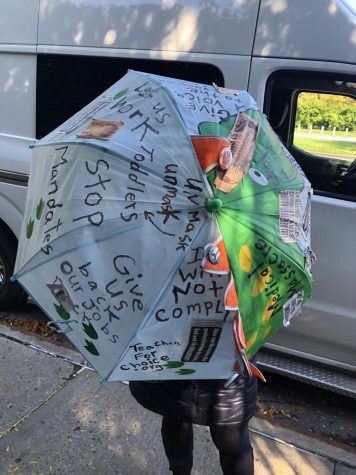Advocacy is Needed to Stop Increased Violence against Asian Americans
Donald Trump has been out of office for over a month, but his impact on America will be long lasting. One issue left behind in his wake is a rise in Asian American violence due to his rhetoric surrounding the coronavirus, such as how he referred to the disease as the “China plague” and “kung flu” according to The Washington Post.
An increase in xenophobia against Asian Americans was seen when the first case of coronavirus was traced back to Wuhan, China, which prompted Donald Trump to refer to COVID-19 as the “China virus.” This xenophobic rhetoric likely caused a rise in hate crimes against Asian Americans.
Two websites with self-reporting tools for hate crimes and hate speech, Stop AAPI Hate and Asian Americans Advancing Justice, recorded 2,808 and 3,000 cases of anti-Asian discrimination respectively between March and December 2020. Asian Americans Advancing Justice reports these numbers as their highest total yet.
While Trump’s words incited violence, newly-elected President Joe Biden signed a memorandum denouncing xenophobia and hate crimes targeted at Asian Americans and Pacific Islanders. Biden has also banned federal employees from using the racist remarks Trump did while in office. While Biden’s denunciations are a promising start, there is much more that needs to be done.
John C. Yang, president and CEO of Asian Americans Advancing Justice, called for better support systems for victims and better education for bystanders about safe intervention. Nancy Pelosi, speaker of the House, called on Congress “to pass legislation that would provide federal grants to state and city governments to improve reporting of bias crimes and provide better support for victims.”
In 2019, the Commission on Civil Rights recommended that Congress increase funding for training and reporting of hate crimes and that local police departments establish a specific hate crimes force as they lacked the capacity to respond to hate crimes properly.
Unfortunately, the reason racism against Asian Americans and Pacific Islanders is not usually reported or included in anti-racism work is because of the erasure of AAPI discrimination, also known as the model minority myth according to CNBC.
The model minority myth is based on characterizing Asian Americans and Pacific Islanders as innately successful and well off. The invisibility surrounding AAPI issues coupled with the fact that Asian Americans are the least likely racial group to ask for help because of pressure from the model minority myth makes it even more imperative to support and advocate for the AAPI community during this period of increased hate crimes.
Lehigh University’s Office of Student Affairs published an article on how to intervene in a situation safely as a bystander. You can directly approach and try to stop the situation. If you are not comfortable doing that, consider asking a friend to help with intervention. Lastly, if the situation is unsafe to directly get involved, you should report it to someone who has greater resources or training to handle the situation.
Similarly, CNBC and NBC News offer some ways to lend support specifically to the AAPI community during this period of violence. Check in with your friends and family who are part of the AAPI community. Support local Chinatown restaurants and supermarkets. Sign up with a Chinatown coalition foot patrol that assists elderly residents in outings. Through whatever means, make sure to get involved by lending your time, voice or money.
Racism and hate speech have never been and will never be acceptable, despite the examples set by the former administration. The only way to end these injustices is to continue to be outspoken advocates for the AAPI community.
Jamison Rodgers, FCRH ’24, is an English major from Silver Spring, Md.

Jamison Rodgers is from Silver Spring, Md. She is pursuing a major in English, concentrating in creative writing, and a minor in psychology. Jamison started...



































































































































































































